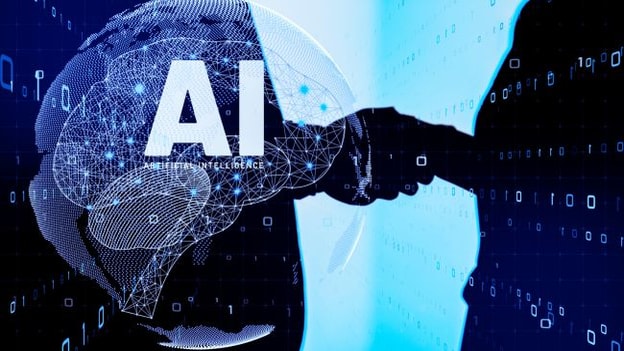AI won’t kill jobs, it’ll change them: InfoEdge CEO

As artificial intelligence reshapes the global workforce, India stands at a unique crossroads—brimming with technical talent yet grappling with the pace of change. Hitesh Oberoi, MD and CEO of InfoEdge, said that India has a unique opportunity in the global AI landscape. “With the world facing a shortage of AI specialists and India’s technical education foundation, we can position ourselves to become a global AI talent hub—if we can rapidly evolve our skill development ecosystem.”
In a series of tweets, Oberoi further said that AI could moderate hiring growth in traditional IT services companies. “Companies that primarily offer basic application development and testing may hire fewer entry-level programmers. But the same companies or newer ones will also aggressively recruit for AI implementation.”
Additionally, Oberoi said the impact of AI on jobs isn’t unidimensional. While some roles will be automated, we’re seeing new positions emerge. The net effect is changing skill requirements, not necessarily fewer jobs.
According to him, the compensation landscape is likely to transform dramatically as well. “AI-capable professionals may see 40-70% salary jumps when changing jobs, while traditional roles face wage stagnation. This growing disparity could create a bifurcated job market like we’ve never seen before.”
Impact on various sectors and GDP
AI is a horizontal technology. He adds that different sectors will experience AI impact at varying speeds. “AI can help create massive opportunities in Healthcare, Education, and Financial services especially in underserved geographies and segments. Customer service, operations, and administrative roles face higher automation risk. This sectoral divergence requires nuanced navigation.”
Oberoi anticipates that India could achieve 6-7% GDP growth with fewer net new jobs due to AI-driven productivity gains. “On the other hand, AI could also help us grow faster as an economy and help create more jobs overall. The jobs created may offer higher wages and better working conditions than many of those automated.”
He suggested job seekers develop skills that complement AI rather than compete with it. “Problem solving, creativity, domain expertise, and AI literacy will be far more valuable than routine skills that can be automated. Continuous learning is no longer optional,” he said.
Companies won’t just hire differently—they will structure and organise differently. We will see flatter hierarchies, more project-based work, and hybrid teams of humans and AI. Organisations that adapt their entire operating model will outperform those just implementing AI tools.
InfoEdge CEO emphasises that at naukri, they have recently launched new AI powered data products that help CHROs and talent leaders navigate this shifting landscape. “By leveraging our data assets, these tools provide unprecedented insights into talent availability, skill trends, and compensation benchmarks in near real time.”
He concluded, saying that the future isn’t simply about more or fewer jobs—it’s about different jobs.













